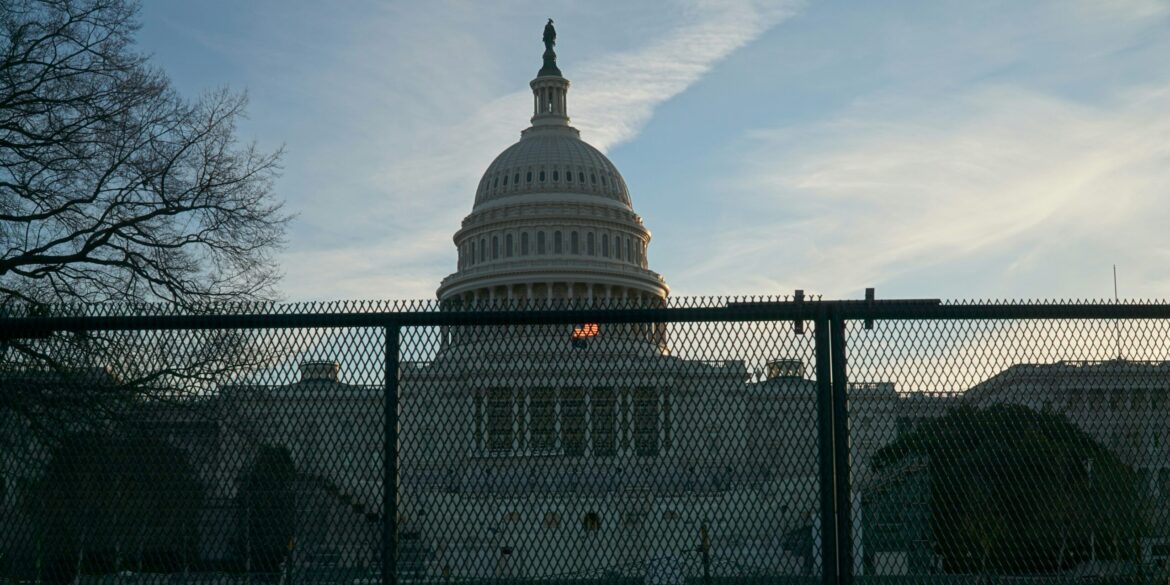As the government shutdown entered its third week on October 14, 2025, the nation found itself embroiled in a tense debate over the future of federal funding. Public opinion remained sharply divided, with both supporters and critics of the shutdown voicing strong concerns. On one side, proponents argue that the shutdown is a necessary measure to enforce fiscal discipline, curbing government spending and ensuring that taxpayers’ money is being used efficiently. On the other side, opponents warn of the far-reaching consequences of a prolonged shutdown, including the disruption of essential federal services and the financial hardship it places on federal employees.
The ongoing shutdown has sparked intense discussions across the political spectrum. Advocates of the shutdown believe it is crucial to address the nation’s growing budget deficit. They argue that, without drastic action to rein in spending, the government will continue to accumulate unsustainable levels of debt. For these individuals, the shutdown represents a hard stance on fiscal responsibility, and they contend that it is an effective way to pressure lawmakers to make necessary budget cuts.
However, critics of the shutdown emphasize the severe repercussions it has on millions of Americans who rely on federal services. The closure of government offices, delay of services, and suspension of certain benefits have created significant disruptions in the daily lives of many citizens. Federal employees, who have been furloughed or are working without pay, are particularly affected, leading to widespread financial uncertainty. Additionally, the shutdown is causing delays in processing everything from tax refunds to federal loans, with many Americans feeling the strain of these interruptions.
The dispute over the shutdown is also highlighting deeper divides in the nation’s budgetary priorities. At the heart of the debate is the question of how the government should balance its spending on various programs, including defense, social services, infrastructure, and healthcare. While some advocate for cuts to non-defense discretionary spending, others argue for increasing investment in critical social programs, particularly those that address poverty, healthcare, and education.
In Washington, lawmakers continue to negotiate over potential compromises, but progress has been slow. The ongoing gridlock has left many questioning the ability of elected officials to reach a long-term solution to the nation’s budgetary woes. With each passing day, the impact of the shutdown grows more pronounced, and both sides are under increasing pressure to find common ground.
As the shutdown continues, the nation faces a mounting crisis that transcends partisan politics. The debate over fiscal discipline and government spending is not just about short-term solutions but also reflects broader questions about the role of government in American society. The outcome of this dispute could have lasting implications for the country’s economic future and the functioning of its federal institutions. The situation remains tense, with no clear end in sight, as the debate over the shutdown shows no signs of easing anytime soon.

